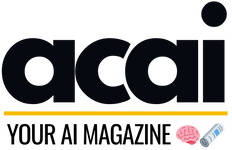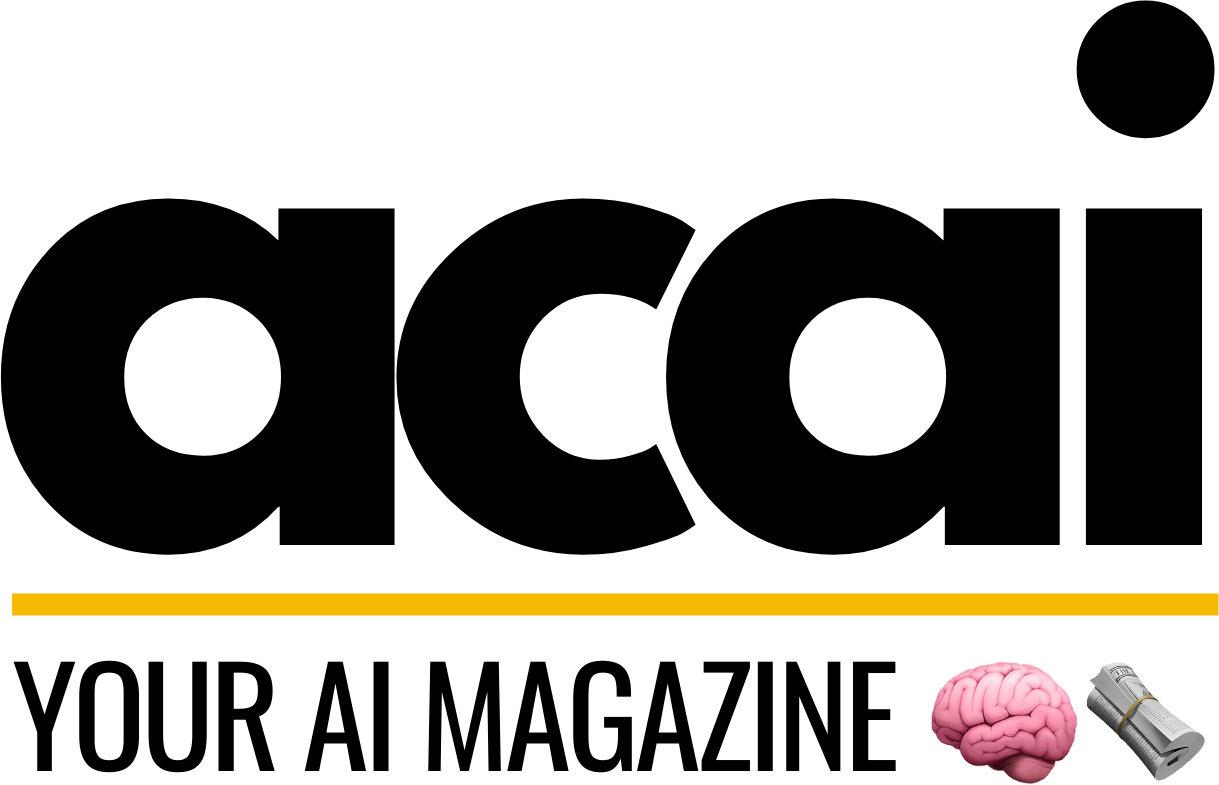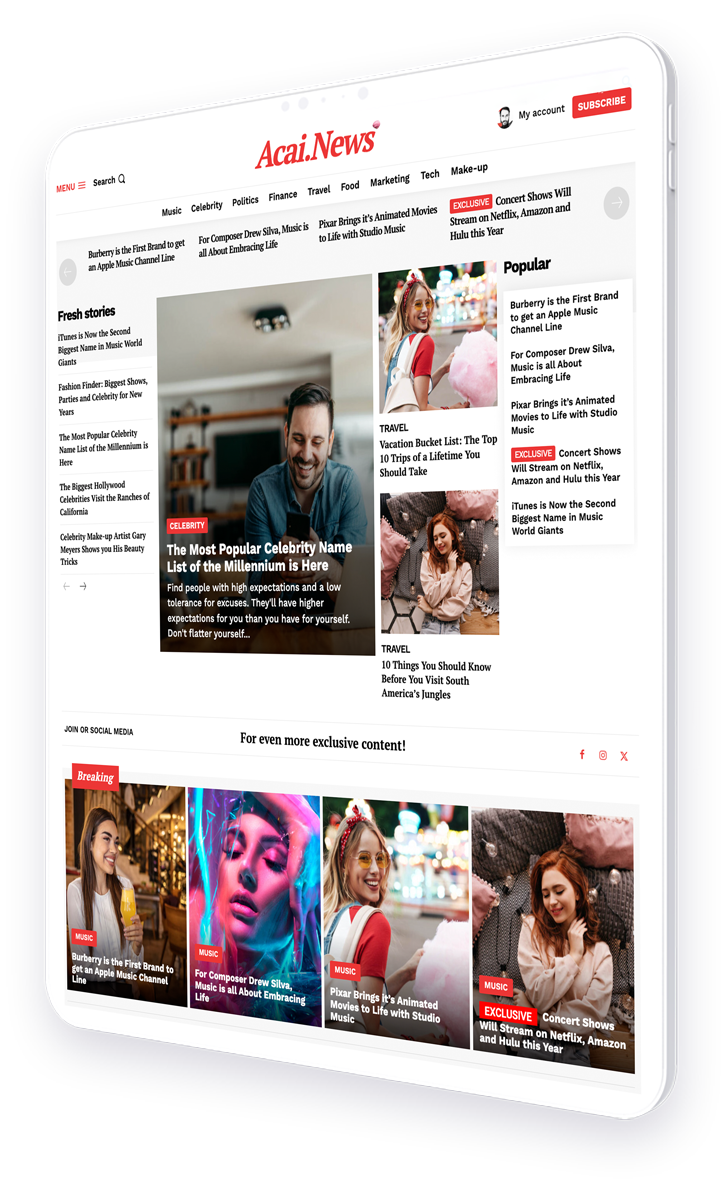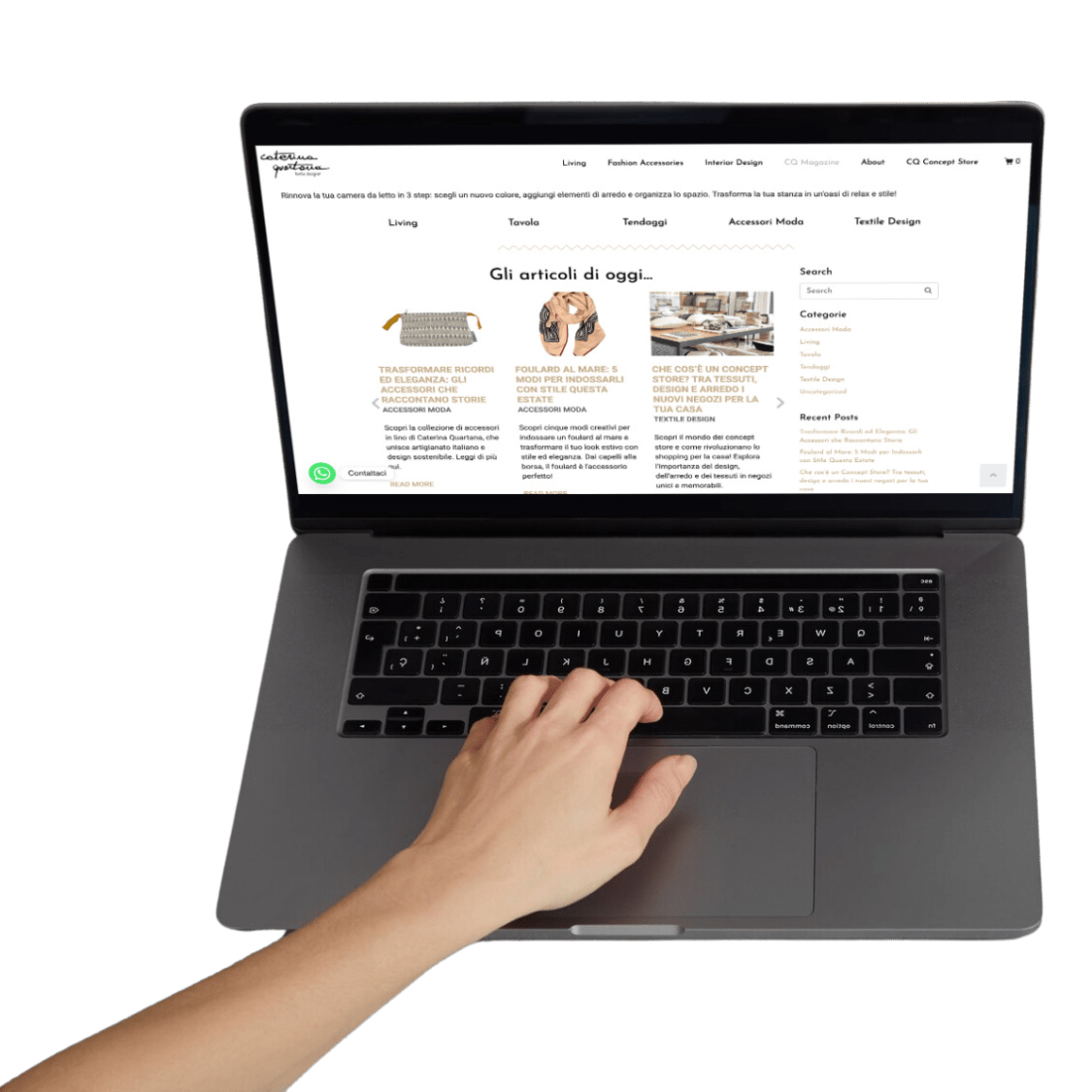Exploring the credibility benefits of long-form storytelling vs short-form conversion pages
An engaging narrative can captivate audiences, but when it comes to digital marketing, the format of that narrative can significantly impact its effectiveness. In this detailed exploration, we delve into the nuances of long-form storytelling and short-form conversion pages, examining which approach offers more credibility and better conversion rates in various contexts.
- Understanding Long-Form and Short-Form Content
- Advantages of Long-Form Storytelling
- Advantages of Short-Form Conversion Pages
- Case Studies and Examples
- Consumer Psychology Behind Content Length
- Industry Insights and Statistics
- Conclusion
Understanding Long-Form and Short-Form Content
Before diving into the comparative analysis, it is crucial to define what constitutes long-form and short-form content:
- Long-form storytelling typically involves detailed narratives that explore topics comprehensively, often exceeding 1,200 words.
- Short-form conversion pages are usually under 500 words and aim to deliver information quickly and convert visitors into customers efficiently.
Advantages of Long-Form Storytelling
Long-form storytelling offers several benefits that can enhance the credibility and engagement of a brand:
- Detailed exploration of topics builds trust and authority.
- Higher engagement rates as readers spend more time on the page.
- Improved SEO rankings due to increased on-page time and keyword richness.
Advantages of Short-Form Conversion Pages
Conversely, short-form conversion pages offer distinct advantages:
- Quick conveyance of essential information, which is crucial for time-sensitive decisions.
- Higher conversion rates due to a clear call-to-action (CTA).
- Less content can lead to a lower bounce rate as users find what they need faster.
Case Studies and Examples
Examining real-life examples provides insights into the practical applications of each content type:
- A study by Forbes showed that their long-form content pages increased their traffic by 40% over six months.
- Another example is a tech company that used short-form pages for their product launches, resulting in a 50% increase in immediate sales.
Consumer Psychology Behind Content Length
The effectiveness of content length can also be understood through the lens of consumer psychology:
- Long-form content allows for storytelling that can emotionally connect with readers, potentially leading to higher brand loyalty.
- Short-form content caters to consumers’ decreasing attention spans and need for quick information.
Industry Insights and Statistics
Industry trends and statistics highlight the evolving preferences for content length:
- According to a survey, 70% of consumers prefer articles over advertisements for learning about a company.
- Statistics show that pages with over 1,000 words tend to perform better in organic search results.
Conclusion
In conclusion, both long-form storytelling and short-form conversion pages have their place in digital marketing strategies. The choice between them should be guided by the specific goals of a campaign, the nature of the product or service, and the target audience’s preferences. By understanding the strengths and applications of each content type, marketers can craft more effective and engaging content strategies.
Ultimately, the key is to know your audience well and to choose the right tool for the right job, ensuring that your content not only informs but also converts.




